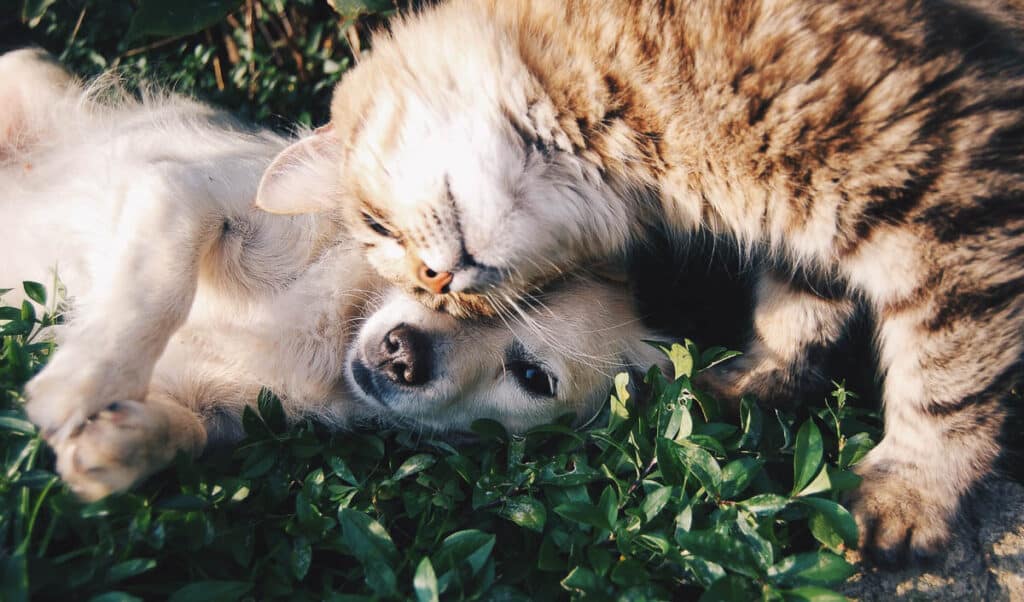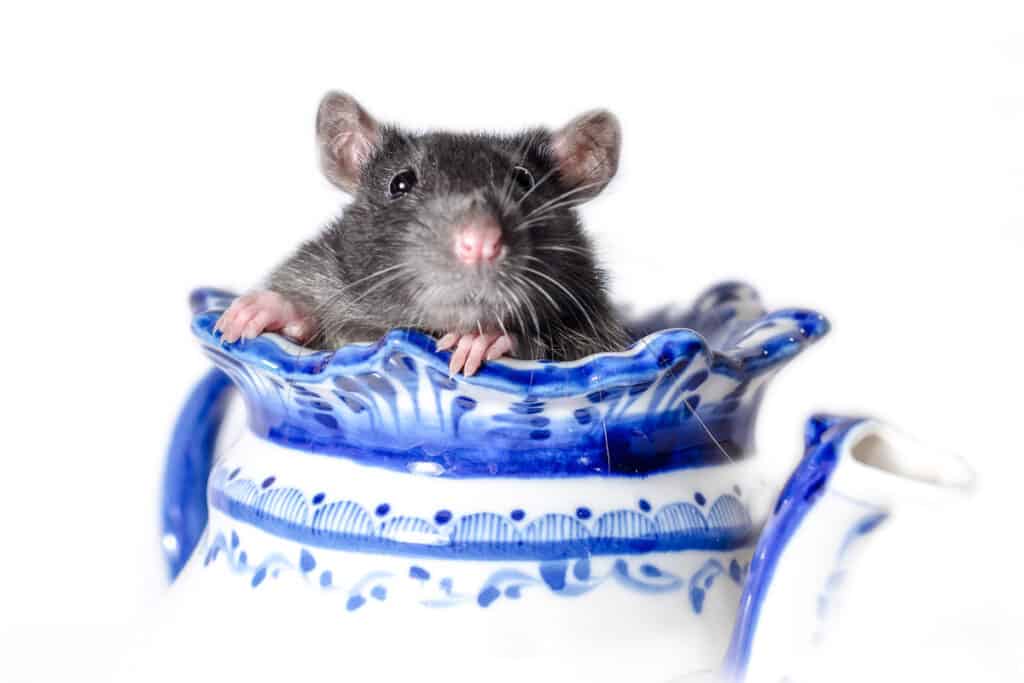Are you ready to learn some seriously weird and wonderful British slang? We’ve got the inside scoop on the crazy, funny, inscrutable (to US ears) phrases Brits use every day. From “taking the biscuit” to “being gobsmacked,” these hilarious and sometimes confusing sayings are like a secret code Americans could never understand — until now!

Do you ever find yourself scratching your head when you hear a Brit use a seemingly nonsensical phrase? Well, you’re not alone. The English language is full of idioms, and the Brits have a unique way of expressing themselves that can be downright confusing to outsiders. Learn some of the wackiest phrases used by Brits daily and what they mean.
Bob’s Your Uncle
If someone in the UK tells you, “Bob’s your uncle,” everything is easily sorted or complete. If you want to feel like you fit in, you can finish the expression with ‘And Fanny’s your aunt,’ meaning that you understand that everything is easy and the problem is solved.
The phrase has become a popular idiom in British English and is often used to describe the ease of a task or the simplicity of a solution. For example, “Just add pizza toppings to a crust, put it in the oven for 10 minutes, and Bob’s your uncle and Fanny’s your aunt, you’ve got a delicious
Some people believe that the phrase “Bob’s your uncle” was coined after Lord Salisbury, Robert Gascoyne-Cecil, appointed his nephew Arthur Balfour as the Chief Secretary for Ireland, making him one of the most powerful politicians in the country.
It’s Raining Cats and Dogs
If a Brit tells you, “It’s raining cats and dogs,” don’t worry; it’s not raining animals. This phrase is simply a colorful way of saying it’s raining heavily.
The phrase most likely dates back to the times when the roofs on houses were made of tin, which made them a warm place for dogs and cats to sleep, but as soon as it rained, all the animals would jump off the roofs, giving the impression that it was raining cats and dogs.

All Fur Coat and No Knickers
The British term “All fur coat and no knickers” is an idiom used to describe someone who appears wealthy, sophisticated, or glamorous but lacks substance or is superficial.
The phrase’s origins are unclear, but it likely emerged in the early 20th century when fur coats were considered a symbol of luxury and status.
The phrase is often used to criticize individuals who prioritize appearances over character or those who attempt to deceive others with a false impression of wealth or class. Overall, “All fur coat and no knickers” is a cautionary reminder that appearances can be deceiving and that true value lies beneath the surface.
This Time Next Year Rodney
“This time next year, Rodney” is a British phrase often used to express a sense of optimism or hopeful anticipation about the future. The phrase originates from the British TV sitcom “Only Fools and Horses,” in which one of the characters named Del Boy, often uses it as a way of making plans for the future.
The phrase is usually used to indicate that by this time next year, things will be better or different in some way. For example, if someone is currently struggling with a difficult situation, they might use the phrase to suggest that they will have overcome it by this time next year.
Manky
The British term “manky” describes something dirty, unpleasant, or unappealing. It is believed to have originated from the word “manque,” which means deficient or lacking in French.
The term has been used in British English since the 1950s and is considered slang. It can describe anything from a person’s appearance or hygiene to a piece of clothing or living space.
For example, “That shirt looks manky; you should wash it,” or “I’m not eating at that restaurant again; the place was manky.” It’s often shortened to ‘mank. ‘That food looks mank.’
It’s All Gone Pete Tong
The British term “It’s all gone Pete Tong” is an idiom that means everything has gone wrong or become chaotic.
Its origins come from Cockney rhyming slang in London, a linguistic tradition in which a word is replaced with a rhyming phrase, such as “Pete Tong” for “wrong.” Pete Tong is a British DJ and music producer, and the phrase became popular in the 1980s to describe a bad DJ set. Today, the phrase is more commonly used to describe any situation that has gone awry.
For example, “The party was a disaster; everything went Pete Tong.”
Bodge It and Scarper
The British term “bodge it and scarper” refers to a hasty or shoddy job done on something, followed by a quick departure to avoid taking responsibility for any mistakes or consequences.
The term originated in the early 20th century and combines the word “bodge,” meaning to make a mess of something, with “scarper,” meaning to run away quickly. It is typically used in a humorous or slightly derogatory way to describe a situation where someone has attempted to fix something without doing a thorough or professional job, and then leaves before being held accountable for any resulting problems.

Like a Rat Up a Drainpipe
The British term “like a rat up a drainpipe” describes someone who moves very quickly or escapes from a situation in a hurry. The origin of the phrase is unclear, but it may refer to the way rats can move quickly and easily through the small spaces of a drainpipe. The phrase is often used in a humorous or lighthearted way, but it can, in some situations, also be used to describe someone sneaky or untrustworthy.
For example, “When the alarm went off, he was out of there like a rat up a drainpipe.”
Taking the Biscuit
A British biscuit is a variation of a cookie. If someone is said to be “taking the biscuit,” it means that they’re being particularly annoying or outrageous. The origins of this phrase are uncertain, but it is believed to come from the idea of winning a prize, where the “biscuit” is the prize, and the winner is the one who “takes the biscuit.”
The Full Monty
The phrase “the full Monty” means going all the way or doing something to the fullest. It is believed to have originated from the British Army during World War II, where soldiers were given a full English breakfast consisting of bacon, eggs, sausage, black pudding, beans, and toast.
This was known as the “full Monty,” and the soldiers who were brave enough to eat the entire breakfast were said to be going “the full Monty.” The Brits even made a film called The Full Monty, where a group of unemployed men became strippers and “went the full monty” by taking all their clothes off.
Brass Monkeys
If a Brit tells you it’s “brass monkeys” outside, they mean that it’s extremely cold. The phrase comes from the old English saying “cold enough to freeze the balls off a brass monkey,” which was used to describe extremely cold weather. However, there is no historical evidence to support this theory, and the origins of the phrase remain uncertain.

Faffing Around
If a Brit tells you they’re “faffing around,” it means that they’re wasting time or not being productive.
The origins of the phrase are uncertain, but it likely originates from the word “faff,” which means to fuss or waste time. Over time, the phrase “faffing around” became popularized as a way of describing someone who was wasting time. You can also say “it’s a real faff,” meaning it’s a lot of fuss for little return.
“I thought that faffing around meant being jovial,” JD Alewine, Them Bites
Mind Your Ps and Qs
If a Brit tells you to “mind your Ps and Qs,” they mean that you should be on your best behavior and watch your language.
The origins of the phrase are uncertain, but it is believed to come from the world of printing. In the early days of printing, the letters “p” and “q” were very similar and often confused, leading printers to remind their apprentices to be careful and “mind their Ps and Qs.”
You’d most likely be told to mind your Ps and Qs if you were meeting someone important.
On the Pull
If a Brit tells you they’re “going out on the pull,” it means that they’re out looking for a romantic partner or trying to attract someone’s attention.
The origins of the phrase are uncertain, but it might come from the world of fishing, where a fisherman would pull on their fishing line to catch a fish. In the same way, someone who is “on the pull” is trying to attract a partner.

Cheesed Off
If a Brit tells you they’re “cheesed off,” it means that they’re annoyed or fed up with something.
The origins of the phrase are uncertain, but it is believed to have come from the phrase “to cut the cheese,” which was used to describe a loud fart. Over time, the phrase evolved to mean that someone was annoyed or frustrated.
Other expressions meaning annoyed or fed up are “pissed off” or “narked.”
Cream Crackered
The British term “cream crackered” is slang for extremely tired or exhausted. It likely originates from the Cockney rhyming slang “cream crackered” which rhymes with “knackered,” a colloquial term for being tired.
You’d use it in informal contexts and it can describe a person or a situation that is draining or exhausting. For example, you might say, “I’m absolutely cream crackered after working a double shift,” or “This workout has me feeling cream crackered.” Overall, the term is a light-hearted way to express fatigue in British English.
“I asked someone how they were doing, and they replied, ‘cream crackered.’ My mind was working overtime trying to figure out what the heck they meant.”
Bella Bucchiotti, xoxoBella.
Taking the Mickey
If a Brit tells you, they’re “taking the mickey,” it means teasing or making fun of someone.
It’s another example of Cockney rhyming slang; the full expression is ‘taking the Mickey bliss,’ which is a polite way of saying ‘taking the piss,’ which means making fun of someone.
You may also hear variations of the term “taking the Mick” or “extracting the Michael.” All of these mean the same thing.
Now you know a little more, so when you visit London, speak to British friends, or watch British TV, you’ll have a clear idea of what the phrases mean. British English is full of weird and wonderful phrases that can leave non-natives confused. But with some knowledge, you’ll be able to understand these phrases and use them yourself. So, next time you hear a Brit say they’re “out on the pull” or that something is “manky,” you’ll know exactly what they mean.
Mandy is the enthusiastic creator of the vegetarian website Splash of Taste; she makes meat-free cooking fun and easy. When Mandy’s not cooking and writing, you’ll find her traveling, exploring countries and cuisines, and spending time with her chihuahua. Download her free 5 x Easy Vegetarian Meals eBook.